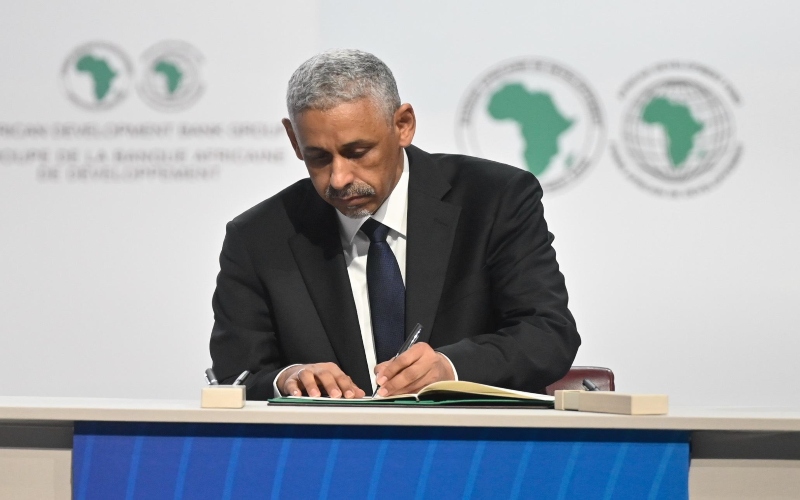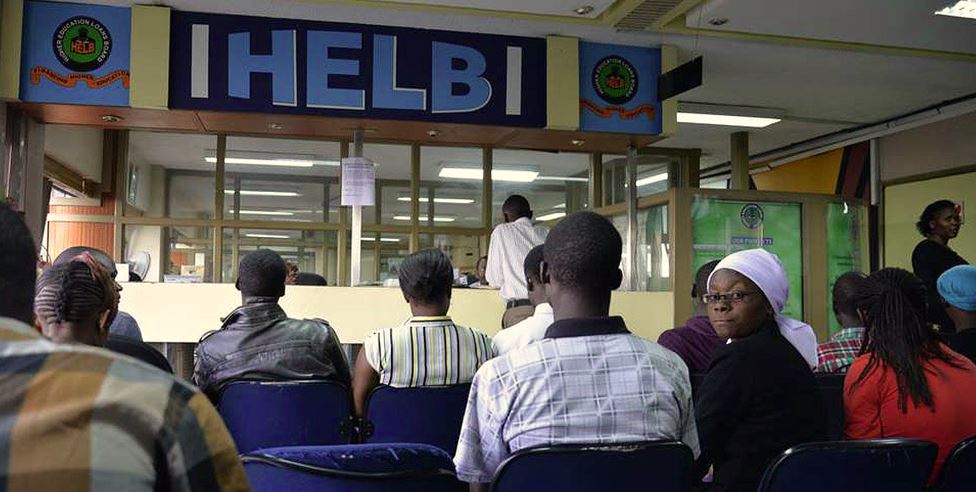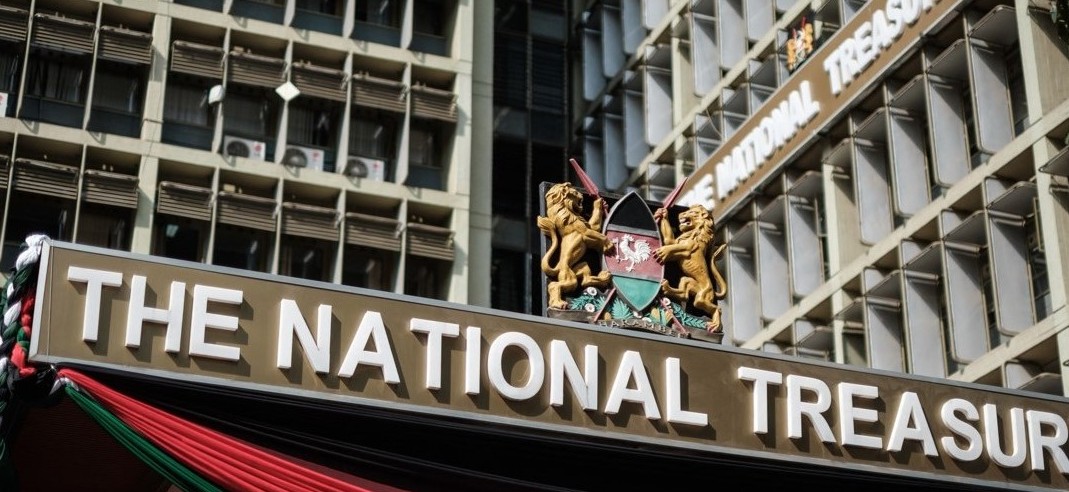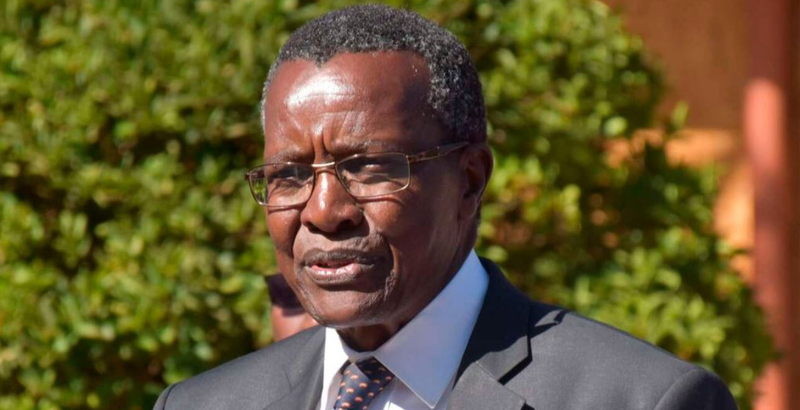KDF introduces controlled meal payments to curb loan collateral use
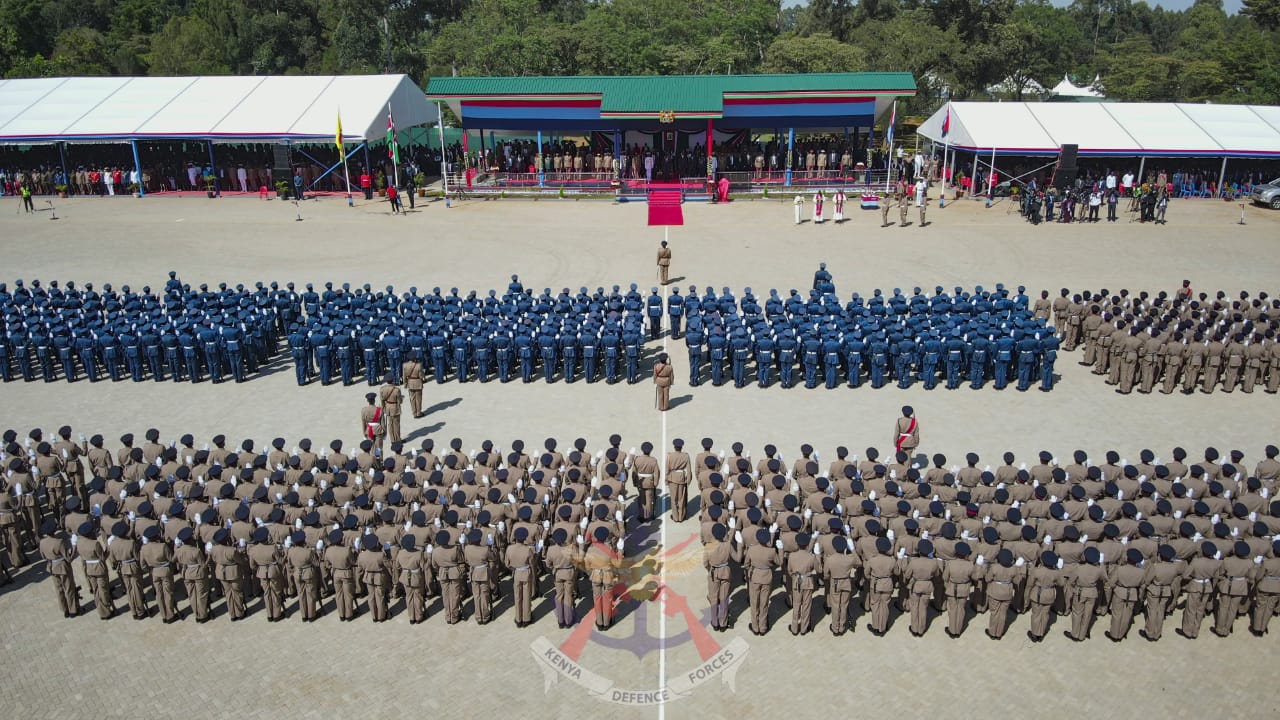
The move follows concerns that some officers missed meals after using the funds to secure loans
The Kenya Defence Forces (KDF) has introduced a controlled meal payment system to stop personnel from using their ration cash allowances as loan collateral.
The move follows concerns that some officers missed meals after using the funds to secure loans. Half of the allowance will be locked in a booking app, with the remainder released at end-of-month.
More To Read
- KDF engages Wajir leaders to bolster security along Kenya-Somalia border
- How Kenya is leading Africa’s fight against cross-border crime
- Three petitioners sue CS Duale, General Kahariri over deployment of KDF in protests
- Change of guard at AFRICOM as General Anderson assumes command
- CS Tuya explains delay in setting up permanent KDF base in Turkana East
- Defence CS says KDF’s pay-as-you-eat policy won’t affect soldiers on missions or in training
The new directive, communicated through an internal memo, directs that the meal cash allowance, popularly known as ration cash allowance, be paid through the Defence Savings and Credit Cooperative Society (DESACCO) and partially locked within the KDF Booking Meal App.
“Meal cash allowance will be paid through DESACCO in order to deter service personnel from committing it on loans. Half of the allowance will be locked in the KDF Booking Meal App, and any unused balance can be released at the end of the month," reads the memo.
The move is reportedly likely to reduce take-home pay, especially for junior officers who heavily rely on the ration cash allowance to meet their daily expenses.
The meal allowance, introduced in 2000 after breakfast and dinner provisions were scrapped, was initially aimed at cushioning service members against inflation. Over the years, the amount has been adjusted upwards to reflect rising living costs. However, since the allowance forms part of gross pay, many personnel have used it as collateral when seeking loans.
KDF formally transitioned from the government-funded lunch programme to the new Pay-As-You-Eat (Paye) system on July 1, 2025, sparking discontent, particularly among lower-ranking officers. The Ministry of Defence insists the change is designed to enhance budgetary efficiency and promote individual meal choices.
An internal memo dated June 23, 2025, and signed by Chief of Logistics Brigadier Eric Nzioki confirms the official rollout of the programme.
“Vide the above referred letter, the implementation of the subject programme is scheduled to commence on July 1, 2025. In this regard, authority is granted for you to demand for Ration Scale for 14 days wef (with effect from) July 1, 2025, for use as seed capital for the programme,” reads the memo.
“Your demands to reach this headquarters not later than June 25, 2025. Please note that it is envisaged the proceeds of the seed capital will form a self-sustaining revolving fund to be administered by the Paye management committees established at Fmn/Base/Unit levels to oversee operation of the messing facilities.”
This is not the first time the military has attempted to implement the controlled feeding model. Previous efforts were abandoned due to resistance from within the ranks. However, the leadership maintains that the old food subsidy programme was plagued by financial leakages and inefficiencies, burdening taxpayers.
To ensure a smoother implementation this time, KDF has set out specific guidelines. Commanders have been instructed to prioritise the upgrading of dining (messing) facilities during the second half of the 2024/2025 financial year, with additional improvements planned for the 2025/2026 cycle.
A separate memo dated January 17, 2025, highlights key actions, including the formation of management committees at both formation and unit levels and the adoption of secure, cashless payment systems like mobile Paybill numbers and PDQ machines.
It also stresses the need for comprehensive risk assessments and mandates regular progress reports to Defence Headquarters.
Top Stories Today

